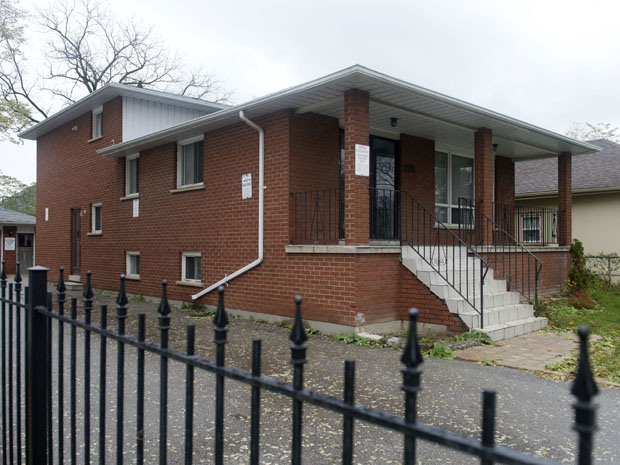
September 13-2013
Taking a position opposite to the United States, Canada is planning to publicly identified the Iranian assets it has frozen in Canada and invite the public to sue in order to seize those assets.
The United States, on the other hand, has refused to help “victims of terrorism” locate Iranian assets in the United States.
Both countries protect Iran’s diplomatic assets—its embassy buildings and embassy bank accounts—and do not allow anyone to go after those assets to get funds to settle suits they have won against Iran in the courts.
As for other assets, the United States refuses to identify them publicly and does not help its citizens trying to locate and seize them.
Canada is now about to take the opposite tack.
A list of 22 Iranian assets in Canada is expected to be released by the Department of Foreign Affairs this week expressly to help victims of terrorism who want to collect damages from Iran due to the regime’s support for terrorist groups such as Hezbollah and Hamas. Both countries have laws that allow “victims of terrorism” to sue state sponsors of terrorism.
A copy of the list obtained in advance by the National Post includes the Iranian Cultural Centre in Ottawa, a parking spot in the capital, 13 bank accounts containing more than $2.6-million, a VISA account and $325,000 currently frozen under United Nations sanctions. But that would likely total less than $4 million and won’t go far in settling all the claims against Iran. American citizen claims awarded by the US courts now total about $20 billion.
In addition to those “non-diplomatic assets,” the list also includes Iran’s five diplomatic properties: the Iranian chancery, ambassador’s official residence and staff headquarters in Ottawa, as well as two embassy bank accounts.
The federal government says Iran’s non-diplomatic assets can be awarded to terror victims, while diplomatic assets are protected under the Vienna Convention on Diplomatic Relations and therefore cannot be awarded. But that issue is being contested in the Ontario courts.
The release of the highly unusual list was portrayed by Canadian officials as an attempt to help victims hold Iran to account for arming and bankrolling an array of terrorists. It comes more than a year after Parliament enacted the Justice for Victims of Terrorism Act, which allows Canadian victims of terrorism to seek redress through the courts, just as American “victims of terrorism” have been able to do since 1995.
Under the Canadian legislation, nations designated by Canada as state sponsors of terrorism lose their state immunity and can be sued by victims of terrorism. On September 7, 2012, the government listed Iran and Syria as state sponsors, opening both governments up to lawsuits. Canadian terror victims are now preparing suits, but none has yet been filed. Two cases involving US victims trying to collect damages awarded by US courts are currently being heard in Ontario courts.